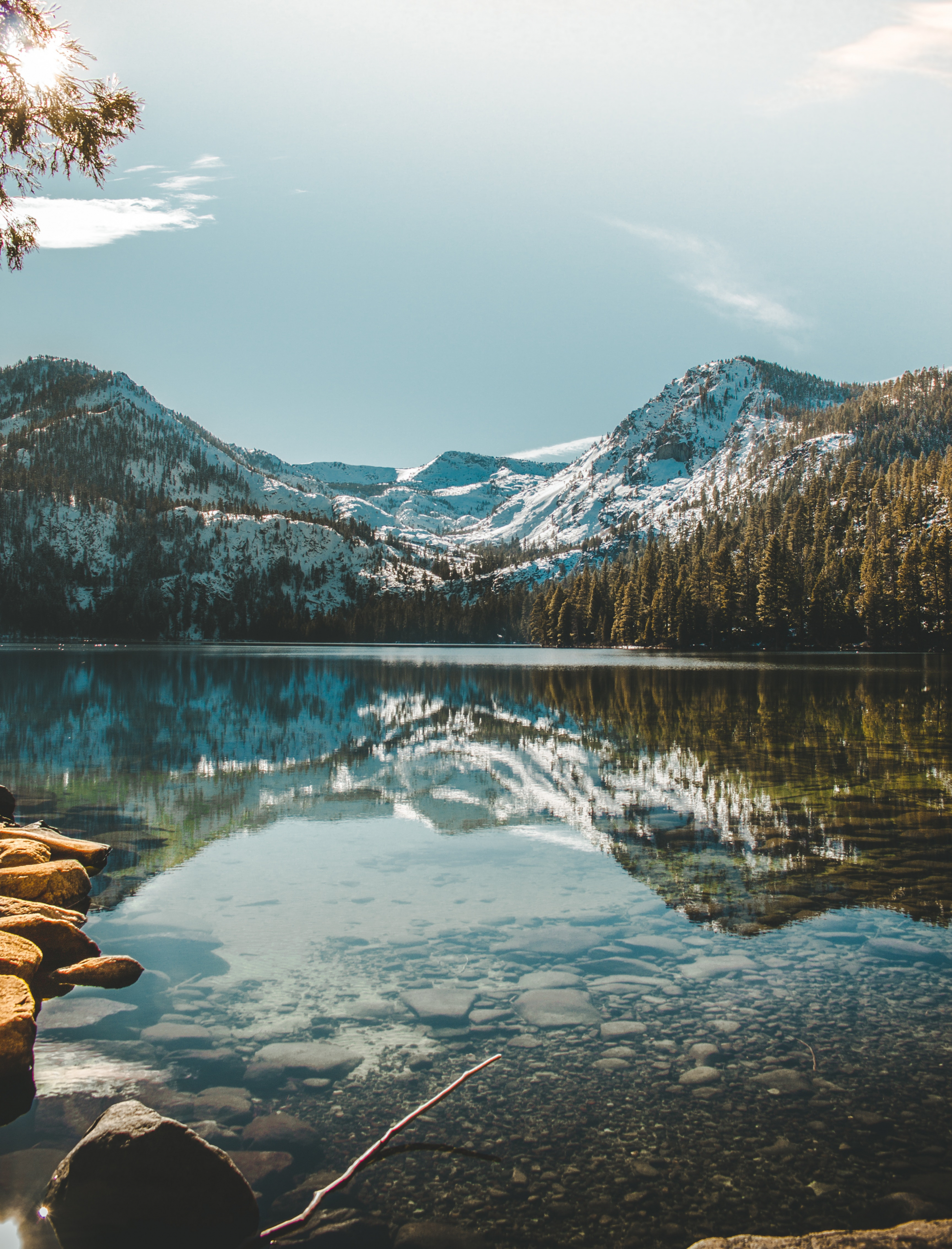March 2, 2023
Rising Waters and Shifting Ecosystems: The Impact of Climate Change on Lakes Around the World
Book a Demo
Lakes are some of the most precious natural resources on our planet. They support countless ecosystems and provide vital freshwater for human consumption, agriculture, and industry. Unfortunately, climate change is causing significant changes to lakes around the world, threatening both their ecological and economic value.
According to a recent article in the New Scientist, lake levels are rising across the world, and climate change is to blame. This increase in water levels can lead to flooding, erosion, and damage to lakeside communities. Furthermore, as temperatures rise, lakes are becoming more vulnerable to algal blooms, which can be harmful to human health and ecosystems.
One area that is feeling the effects of climate change on its lakes is Lake Tahoe, as described in an article in the Almanac News. The lake is becoming warmer, and snowpack is decreasing, which is affecting the lake’s clarity and its ecosystem. Additionally, the rising temperature is causing an increase in algae growth, which can lead to harmful algal blooms.
The Adirondack Explorer published an article that highlights the impacts of climate change on the Adirondack lakes, which serve as a valuable resource for the local communities. According to the article, the changing climate is causing changes in the lake’s temperature, acidity, and nutrient levels. This is affecting the aquatic plants and animals that depend on the lake, as well as the recreational opportunities that the lake provides.
One interesting example of the effects of climate change on lakes is the story of the Paratethys Sea, as explained in a Big Think article. The Paratethys Sea was once the largest lake in the world, covering much of what is now Europe and Asia. However, changes in the climate, including changes in rainfall and temperature, caused the lake to dry up over millions of years, leaving behind a vast desert.
Finally, in Serbia, shrinking lakes are causing trouble for the country’s breadbasket, as reported by the Balkan Insight. As the lakes shrink, the land surrounding them becomes more arid, making it more difficult for crops to grow. This can lead to food shortages and economic problems for the local communities.
Lakes are critical resources that support life on our planet, but they are also vulnerable to the impacts of climate change. Rising temperatures, changing rainfall patterns, and other climate-related factors are affecting the health and well-being of lakes around the world, with potentially serious consequences for human health, the environment, and the economy. It’s essential to take action to mitigate climate change and protect these precious resources for future generations.



